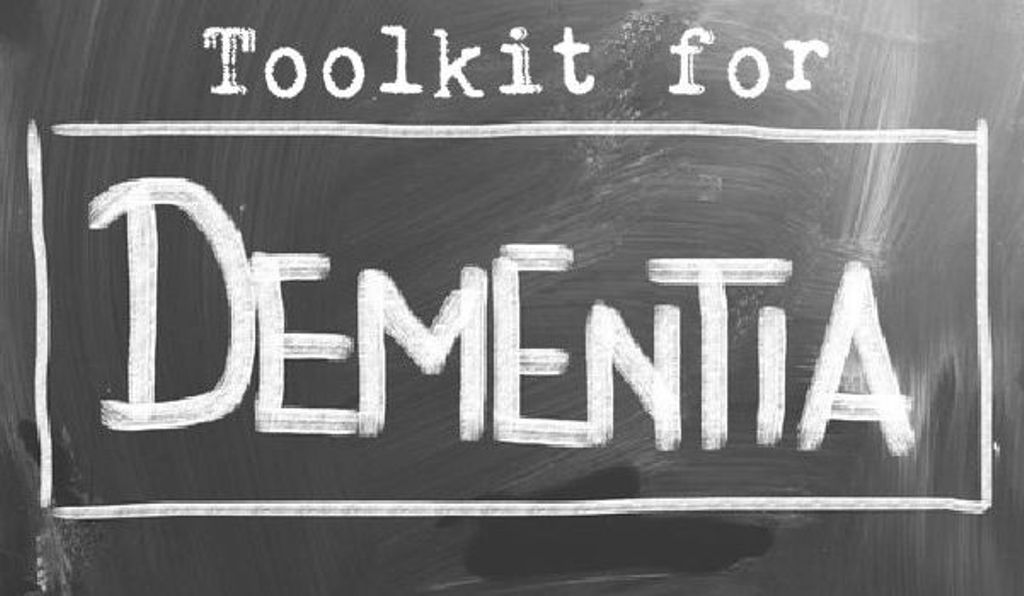Behavioral and Psychological Symptoms of Dementia (BPSD): A Closer Look
Many people think of dementia as impacting cognitive functioning like memory loss and attention, but dementia is not just impaired cognition. Actually, it is a complex condition that can significantly impact an individual’s quality of life. Unfortunately, there are behavioral and psychological symptoms of dementia (BPSD) that occur in about 90 percent of dementia patients. While the cognitive symptoms are well-known, it’s important to recognize that dementia also encompasses a range of behavioral and psychological symptoms (BPSD). Moreover, these non-cognitive symptoms are equally important in terms of their impact on cognitive processing.
Stresses of BPSD
BPSD symptoms can be very distressing for the person with dementia as well as their family and caretakers. It is painful for the person suffering from dementia as they understand they are not what they once were. Additionally, the family suffers from the loss of the person they loved, respected, and relied upon all these years. While they feel lucky to still have their loved one, their diminished capacity can be very painful for the family to experience.
Understanding BPSD
As noted above, approximately 90% of individuals with dementia experience BPSD, which can be equally distressing for both the patient and their caregivers. These symptoms can manifest in various ways, including:
- Mood Disorders:
- Aggression
- Depression
- Anxiety
- Apathy
- Psychotic Episodes:
- Delusions
- Hallucinations
- Abnormal Motor Behaviors:
- Pacing
- Wandering
- Repetitive vocalization
- Inappropriate Behavior:
- Agitation
- Disinhibition
- Screaming
- Elation
- Sleep and Appetite Changes
Risks Associated with BPSD
BPSD can have significant implications for individuals with dementia and their caregivers. These symptoms can lead to:
- Increased risk of institutionalization: Behavioral challenges can make it difficult for caregivers to manage individuals with dementia at home.
- Accelerated functional decline: BPSD can interfere with daily activities and contribute to a decline in overall functioning.
- Domestic abuse: Frustration and stress caused by BPSD can sometimes lead to abusive behavior towards caregivers.
Traditional Treatment Approaches Behavioral and Psychological Symptoms of Dementia (BPSD)
Historically, medication has been the primary treatment for BPSD. However, this approach can have significant side effects and may not be effective for everyone. However, that adds to the already hefty arsenal of drugs currently taken by most seniors and compounds the potential for dangerous side effects. Fortunately, there may just be a better way.
A Non-Pharmacological Approach
It is important to realize that there are many non-pharmacological treatments that may be helpful. Furthermore, there is evidence that supports using these approaches that can be effective in managing BPSD. These approaches focus on addressing the underlying causes of the symptoms, such as boredom, frustration, or pain.
Here are some of the most promising non-pharmacological treatments for BPSD:
- Sensory Stimulation: Engaging the senses through activities like music therapy, aromatherapy, or art therapy.
- Environmental Modification: Creating a safe and calming environment that minimizes confusion and agitation.
- Behavioral Therapy: Using techniques like positive reinforcement and redirection to manage challenging behaviors.
- Cognitive/Emotion-Oriented Approaches: Targeting cognitive impairments and emotional regulation.
- Social Contact: Encouraging social interaction, whether in-person or through virtual means.
- Caregiver Training/Development: Providing caregivers with the skills and knowledge to effectively manage BPSD.
- Structured Activities: Engaging individuals in meaningful activities that can help reduce boredom and agitation.
- Clinically-Oriented Approaches: Utilizing evidence-based clinical interventions to address specific BPSD symptoms.
- Individualized/Person-Centered Care: Tailoring care to the specific needs and preferences of each individual.
- Clinical Decision Support Approaches: Using technology to support clinical decision-making and improve the quality of care.
For more detailed information on non-pharmacological approaches to BPSD, please refer to the following resources:
- Nursing Home Toolkit – Non-Pharmacological Approaches to Address Behaviors
- Review of Non-pharmacologic Approaches for Treating Behavioral and Psychological Symptoms of Distress
- Efficacious and Feasible Non-pharmacological Approaches for Behavioral and Psychological Symptoms of Distress
By understanding the complexities of BPSD and exploring non-pharmacological treatment options, we can improve the quality of life for individuals with dementia and their caregivers. With so much new research, we owe it to our elderly dementia to consider medication as a measure of last resort.
David York Agency Homecare Helps Seniors with Behavioral and Dementia Symptoms of Dementia (BPSD)
At David York Agency, we understand the many challenges and risks faced by the aging and elderly. We are dedicated to providing care to support them through all of those ups and downs. At David York Home Healthcare Agency, extraordinary service is what sets us apart from other companies that provide in home healthcare services.
DYA we could provide direction as to how to manage the total care of your senior loved one. Whatever your care needs, we are there for you, always striving to exceed your expectations. For more information about David York Agency’s qualified, compassionate caregivers, contact us at (718) 376-7755. A free phone consultation can help you determine what services would meet your needs. We aim to provide you and your loved one with the assistance they need. If you’d like to hear more from us, please like us on Facebook or follow us on X or LinkedIn.







